By Daniel Bonner
Second requests—discovery demands from the Justice Department and Federal Trade Commission in merger reviews—in cross-border deals require extreme collaboration to be successful. Level Legal’s Daniel Bonner offers key questions to answer to ensure that workflows prevent critical mistakes, like providing information not requested, and privilege and privacy violations.
Second requests for information in antitrust reviews from the Federal Trade Commission and Department of Justice are among the most time-sensitive, high-stakes matters that corporations, law firms, and legal services providers encounter. Anyone with experience in second request discovery procedures is familiar with the formidable challenges these M&A projects present.
When proposed deals are international in scope and attract antitrust scrutiny from one or more regulators in other countries and jurisdictions, the challenges only multiply. Although not called second requests outside of the U.S., antitrust reviews in foreign jurisdictions can be just as rigorous—sometimes more so.
Responses typically involve the collection, production, and review of thousands or even millions of documents on extremely aggressive, non-negotiable deadlines. Parties to a deal under second request scrutiny must identify responsive documents in a massive universe of data. And, they must be prepared to redact or log potentially privileged information and flag documents for the presence of personally identifiable information (PII) whose production may violate federal or state privacy regulations.
Interpretation and application of privilege and privacy law can be complex, and responses to such regulatory requests are often due in a matter of weeks.
International Considerations
Furthermore, the laws governing both attorney-client privilege and privacy are different in other countries and must be viewed through an entirely new lens for each jurisdiction, severely complicating workflows. Depending on the countries involved, parties to a transaction are likely to find themselves juggling the demands of different regulatory bodies simultaneously in a single, intensive, round-the-clock effort.
Managing costs and minimizing waste remain important, but—unlike most discovery projects in litigation—international antitrust reviews place the highest priority on meeting or beating the deadline.
Because law firms handling such transactions typically lack the internal resources to manage these projects without bringing other work to a standstill, responsibility generally falls to a vendor that already has a trusted relationship with the firm and an exemplary track record in this unique area of legal services, especially when it involves multinational requests.
Fundamental Planning Questions
Before diving into a cross-border antitrust review project, team leaders must resolve fundamental questions. The importance of detailed planning before work gets underway cannot be overstated. Initial variables to consider include:
- Where are custodians?
- Where do the custodians live?
- Where will the data be hosted, and what restrictions are in place there?
- Who will be accessing data, and where are they?
- Is there a common regulatory framework?
- Is there a common language we can use? (These projects should avoid translation whenever possible.)
- Are we dealing with more or less restrictive data transfer and privacy regulations?
- Is it possible to host data in a strategic, less restrictive location?
- Where/for whom are you producing? For example, is there a public right to know in the jurisdiction(s) you are producing to? Is information under seal or not?
Proper Workflows Increase Efficiency
Once you have answered these questions and have identified potential bottlenecks, it’s time to design workflows to increase attorney efficiency and minimize the need to re-review documents. Workflows in international antitrust review projects can be quite intricate.
Some documents will be responsive to each regulator involved, others only for specific jurisdictions. Responsive documents will need to be reviewed for potential privilege and privacy violations with close attention to jurisdiction-specific differences. While some documents may need to be reviewed separately for each applicable jurisdiction, many others will not.
Project leaders should think about these issues globally and proactively, determining where they can leverage workflow and strategy to minimize the need to re-review. In a perfect world, all of the requests and all of the data would be known from the beginning to identify overlaps where certain custodians and documents will be responsive to each regulator. Unfortunately, that’s rarely the case.
Production requirements are also very important to consider. Who you are producing to is as important as where the data comes from. For example, certain jurisdictions have a public “right to know clause,” or information could be subject to FOIA or similar requests in certain situations. Above all else, project teams must be very careful not to overproduce.
One of the worst mistakes in an international second request project is to produce information that isn’t responsive and wasn’t requested. Any new information might prompt the regulators to broaden the scope of inquiry, suddenly adding new layers of risk for the client.
Contingency Plans Are Crucial
Even if mistakes aren’t made along the way, legal strategy will likely change as corporate and law firm counsel confer about issues that arise and require adjustments to the review process. Workflows must be flexible enough to allow for immediate accommodation of strategic shifts partway through the process. When mapping processes and workflows, developing backup plans for every possible contingency is always a good idea. Once a project gets underway, there will not be time to make major changes.
Cross-border antitrust reviews are intensely collaborative efforts requiring constant real-time consultation among corporate counsel, law firm counsel, the legal services provider, and the review team in the midst of rapid rolling productions. The stakes could not be higher. Careers and firm reputations likely depend on the outcome. More importantly, corporate executives, board members, and stockholders are all banking on a timely and successful response.
Looking to partner with Level Legal? Contact us today.
Reproduced with permission. Published Nov. 2, 2020. Copyright 2020 by The Bureau of National Affairs, Inc. (800-372-1033) http://www.bloombergindustry.com


